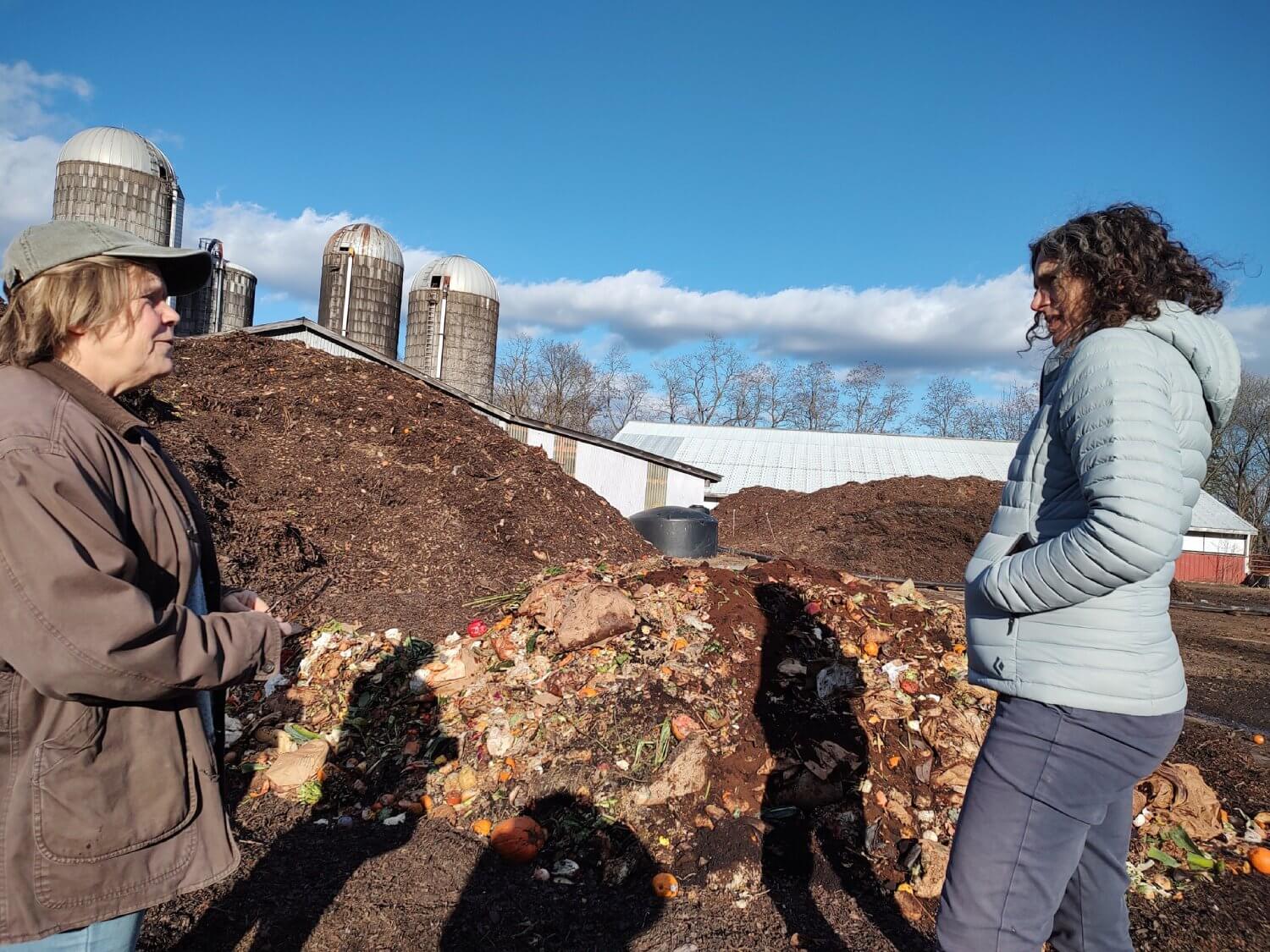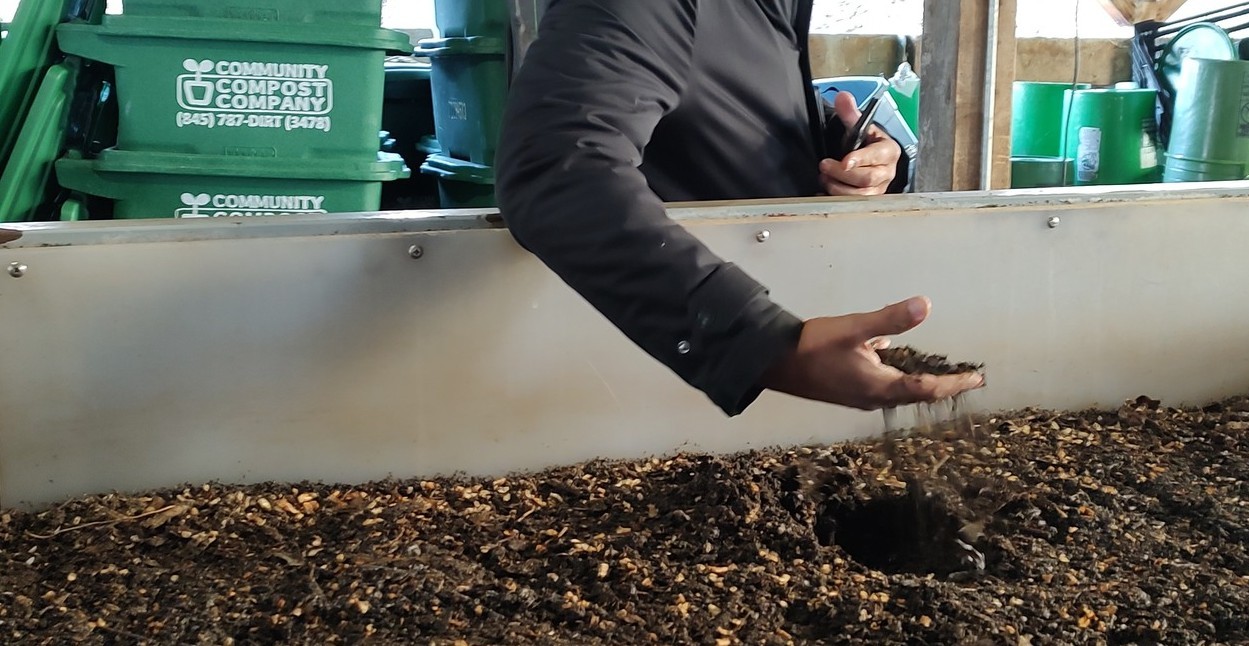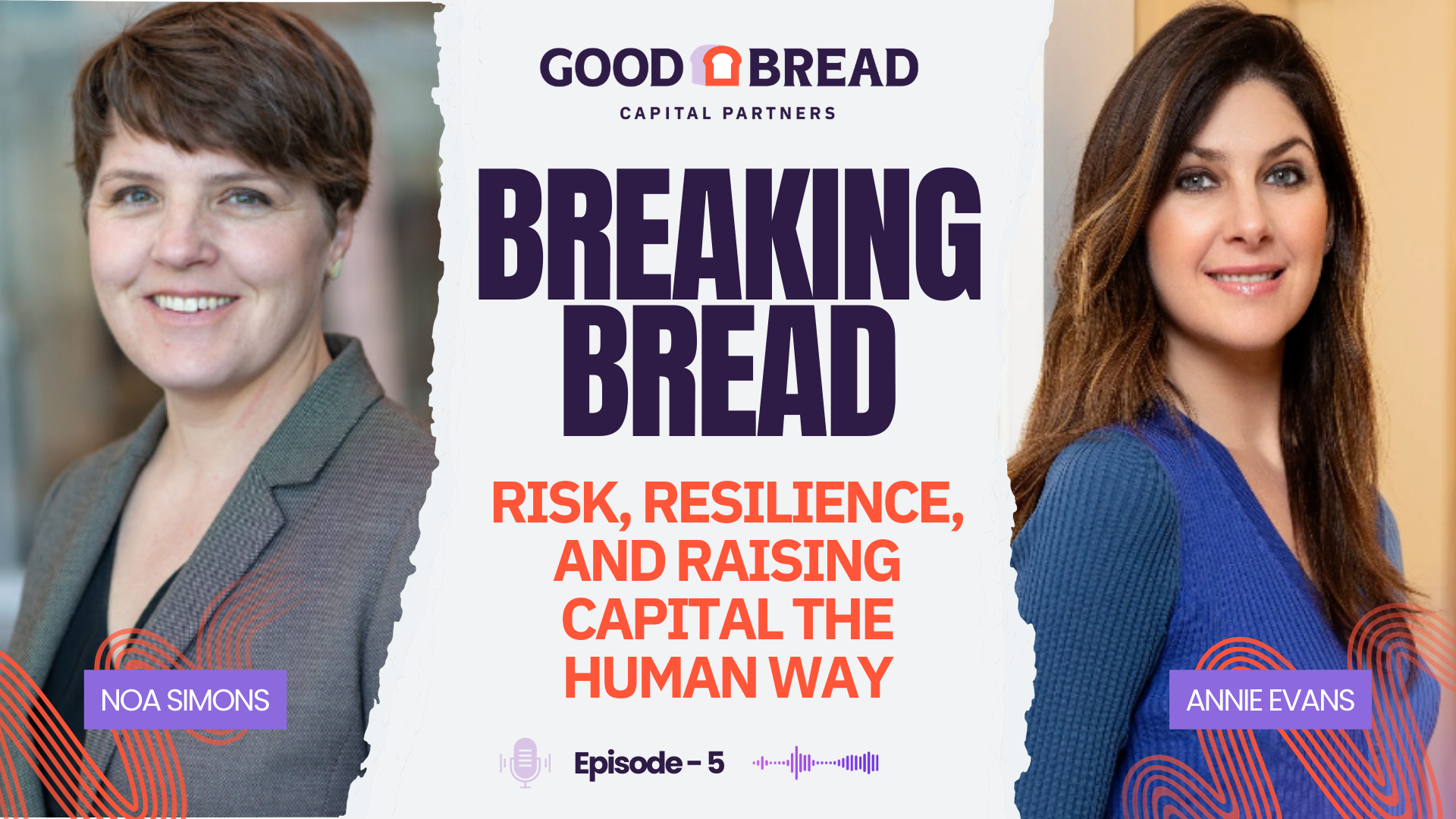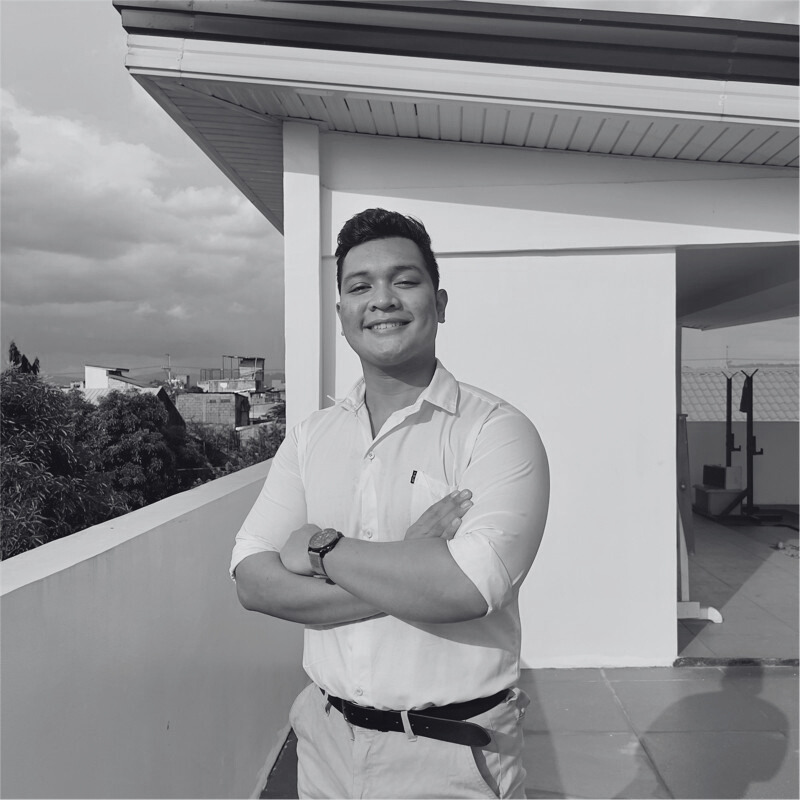Sometimes the most important questions come from the simplest observations. For Eileen Banyra, 15 years of sitting in city planning meetings talking about waste without substantive action led to a question that would reshape her life: “How do you restore the soil to help create healthy biomes?”
What’s in this recipe:
The Planning Director Who Decided to Act
Eileen Banyra spent three and a half decades as a city planner in New Jersey. As a planning director, she found herself in countless meetings discussing waste management, sustainability plans, and environmental initiatives. The conversations were important, necessary even, but something was missing. “I’d been telling communities they needed to do sustainability plans, but this was action,” Eileen reflects.
The disconnect between planning and doing gnawed at her. She had been a gardener and environmentalist since childhood, someone who understood that healthy soil meant healthy communities. But sitting in those meetings, watching good intentions get buried under bureaucracy, she realized someone needed to bridge the gap between policy and practice.
That someone, it turned out, would be her.
The Birth of Community Compost Company
In 2013, Eileen made a decision that would surprise many of her colleagues but felt perfectly natural to her. She founded Community Compost Company with a mission that was both simple and revolutionary: take food scraps that would otherwise end up in landfills, process them into rich compost, and sell that compost to farms and gardeners to improve soil health and combat climate change.
When she first approached the city of Hoboken with her idea, they had a practical question: who was going to collect all these food scraps? “I said I guess me!” Eileen remembers with a laugh. What started as an “I guess me” moment became the foundation of a business that would divert thousands of pounds of organic waste from landfills.
The early days required true entrepreneurial grit. There was no permitting process for what she wanted to do, so she had to create the framework as she went. She set up her first composting site on a farm that could benefit from the extra soil (she’s now on her third farm location). At farmers markets, she spent countless hours educating both farmers and consumers about the value of composting, often at her own expense for hauling and processing.
For entrepreneurs who understand the challenge of building something new while educating your market, applying for a GoodBread loan can provide the working capital needed to sustain those crucial early growth phases.

The Science Behind the Magic
What Eileen does isn’t magic, but it might as well be. She collects food scraps and mixes them with feedstocks like horse and cow manure, wood chips, and leaves, carefully balancing them to achieve the right carbon-nitrogen ratio. The mixture is then aerated for 30 days while the pile heats up to between 131 and 150 degrees Fahrenheit.
During this process, bacteria reproduce and consume the organic matter, transforming what was once kitchen waste into something far more valuable. After the initial heating phase, the compost moves through a curing phase, staying on the property for 8 to 10 months before it’s ready to sell.
The result? Rich, regenerative compost that restores soil by building health and structure, improving water retention and plant vitality. It’s a beautiful example of circular economy principles in action.
Learning by Doing, Teaching by Example
Eileen’s approach to learning her craft was hands-on and community-focused. In the early days, she attended US Composting Council conferences and worm composting events, absorbing as much knowledge as she could from established practitioners. Her commitment to understanding the industry from every angle paid off. Years later, she was invited to serve on the US Composting Council’s national board for six years, where they sought her unique perspective as someone who came to composting from urban planning rather than agriculture.
Because she was the first person doing municipal composting collection in her region, others began reaching out to learn from her process. Eileen found herself not just running a business, but helping to seed a movement.
The Tipping Point and the Pivot
Around 2018 and 2019, popular documentaries brought composting into mainstream consciousness. Suddenly, Eileen didn’t need to convince people of composting’s value anymore. The cultural conversation had shifted, and demand began growing organically.
Then 2020 happened. Like so many small businesses, Community Compost Company saw revenue drop by 30 to 40 percent. But Eileen’s background in planning served her well. She saw the crisis as an opportunity to become more resilient and diversify the business model.
When she started, 95 percent of revenue came from collection services and only 5 percent from soil sales. Through strategic pivoting during the pandemic, she shifted that balance to roughly 60/40. This diversification included launching Hudson Soil Company, her soil products division, which began selling bagged compost products. The bagged soil became a loss leader that helped her get products into stores like Whole Foods, building brand recognition and creating multiple revenue streams.
For business owners looking to diversify revenue streams like Eileen did, GoodBread’s flexible funding can provide the working capital needed to invest in new product lines or market expansion.
This is where GoodBread entered the picture. Understanding that good businesses sometimes face timing mismatches between revenue and expenses, GoodBread’s funding helped Eileen manage cash flow during those challenging periods when government payments were delayed and seasonal revenue was low.
The Cash Flow Challenge That Every Small Business Owner Knows
Eileen’s business faced a challenge that will sound familiar to any entrepreneur who works with government contracts: unpredictable payment schedules. Municipal governments, while reliable payers eventually, operate on their own timelines. Eileen could have up to $80,000 worth of outstanding payments due from government clients at any given time.
When you combine slow-paying government contracts with the seasonal nature of compost sales (lower revenue during winter months), maintaining payroll and keeping the business operational can feel like an impossible balance. Traditional banks, focused primarily on current cash flow rather than outstanding invoices or business fundamentals, weren’t willing to provide the flexibility Eileen needed.
Big Visions for the Future
Eileen’s work with Community Compost Company represents something larger than a single business success story. Her original question about restoring soil to create healthy biomes has expanded into a vision of regenerative environmentalism that goes beyond traditional sustainability approaches.
She envisions expanding farm spaces to meet growing demand and create more capacity for soil regeneration, allowing them to accept more food waste that they currently have to turn away. Her goal isn’t just to run a successful business, but to demonstrate that regenerative practices can be both environmentally beneficial and economically viable.
The impact extends beyond environmental benefits. Eileen is creating green jobs, keeping money in the local economy, and showing other communities how they can address waste and soil health simultaneously.

Her work proves that sometimes the most profound change comes from rolling up your sleeves and deciding to be the person who does something rather than just talks about it.
For entrepreneurs working on environmental solutions that require significant upfront investment, GoodBread’s loan application process recognizes that environmental businesses often have longer payback periods but create tremendous community value.
The Ripple Effect of Taking Action
What strikes me most about Eileen’s story is how it started with frustration at inaction and evolved into inspiring action in others. She didn’t wait for someone else to solve the problem she saw so clearly. She didn’t wait for perfect conditions or complete knowledge or unlimited funding.
She started with “I guess me” and built from there.
Community Compost Company demonstrates that environmental businesses can be both mission-driven and financially sustainable. Eileen’s transition from city planner to compost entrepreneur shows that it’s never too late to align your work with your values, and that sometimes the most important businesses emerge from the simplest questions about how we can do better.
Her journey from talking about waste in planning meetings to actually processing tons of organic waste into valuable soil amendments proves that individual action, supported by the right resources and community, can create change that ripples far beyond a single business or geographic area.
Today, as Eileen continues to expand Community Compost Company and Hudson Soil Company, she’s not just building a business. She’s demonstrating that the circular economy isn’t just an abstract concept but a practical reality that creates jobs, restores soil, and builds healthier communities.
For small business owners inspired by Eileen’s journey and looking for funding that understands the unique challenges of growing a mission-driven business, GoodBread offers loan solutions designed to support entrepreneurs who are building businesses that benefit their communities while generating sustainable profits.
The question Eileen asked herself more than a decade ago about restoring soil has become the foundation of a thriving business and a model for others. Sometimes the most powerful business ideas don’t come from market research or trend analysis. They come from someone who sees a problem, asks the right question, and decides to be part of the solution.
Learn more about Community Compost Company at communitycompostco.com and discover Hudson Soil Company’s products at hudsonsoil.com.


